- Analytics
How Web Performance Awareness Differs from Team Roles


Initial Approach: Why This Research?
At Ninetailed our main purpose is to improve the user experience and help other companies to do so. We are also web performance junkies and are obsessed with persistently improving our service performance in the region of milliseconds.
As marketers, developers, and product managers we abuse the usage of tag managers and third-party scripts. Using external scripts has a data value, but also an adverse consequence: poorer web performance.
Our Hypothesis
Our hypothesis is that developers care more about web performance than other digital roles like marketeers and that they consider third-party scripts as an issue for the performance of their websites.
We Believe That
We believe that awareness of third-party script performance and the impact on the user experience is the first step for multidisciplinary teams to develop optimization strategies.
Results
At the date of the analysis, the survey has 185 answers after promoting it to developers, product managers, and marketers in our professional network and in different Facebook, LinkedIn, and Slack groups.
Participants
Roles
Most of the participants are developers (51%), followed by marketers (21%) and product managers (12%).
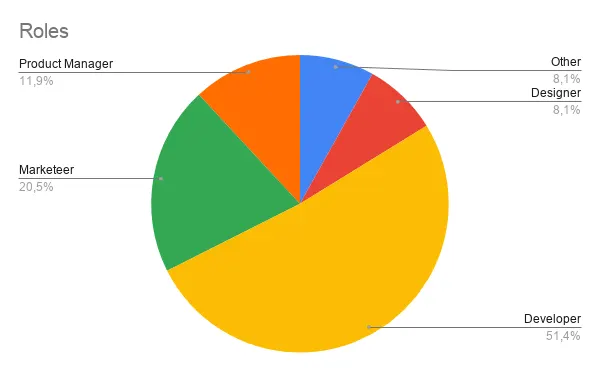
Company Size
The survey has participants from SMBs and also corporations with more than 500 employees. Most of the participants work in companies with up to 50 employees (70%).
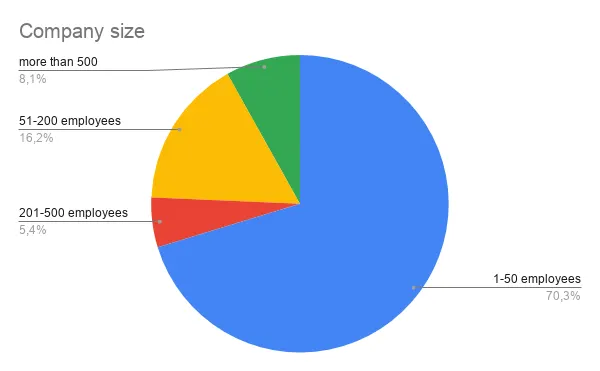
The Answers
The main questions of the survey ask how much the participants agree with a statement. The responses are based on Likert Scale, from “Strongly disagree” (score 1) to “Strongly agree” (score 5).
The survey questions are:
Web performance has a positive impact on the user experience.
Web performance has a positive impact on SEO.
Third-party scripts harm website performance.
Ad blockers harm website analytics.
Ad blockers are an issue for me.
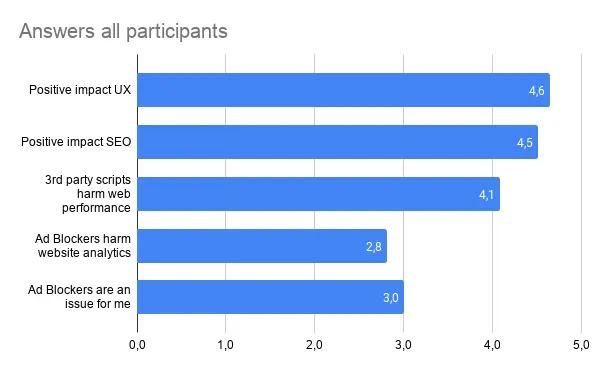
The participants strongly agree that performance plays a major role in a good user experience (avg. 4,6) and benefits SEO (avg. 4,5). Most of the respondents agree that third-party scripts are an issue (avg. 4,1). Regarding ad blockers, the respondents are neutral and do not agree nor disagree if ad blockers affect their analytics or if they are an issue for them.
Analyzing the responses based on the role we see some minor differences.
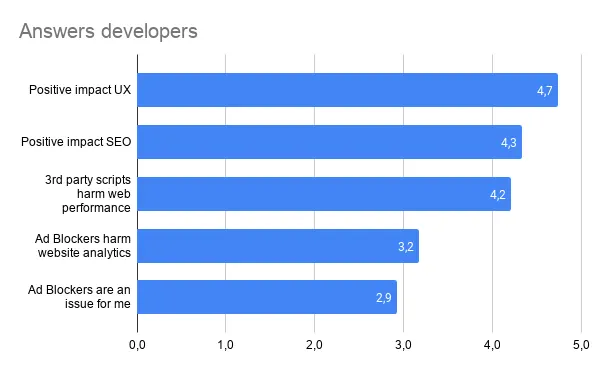
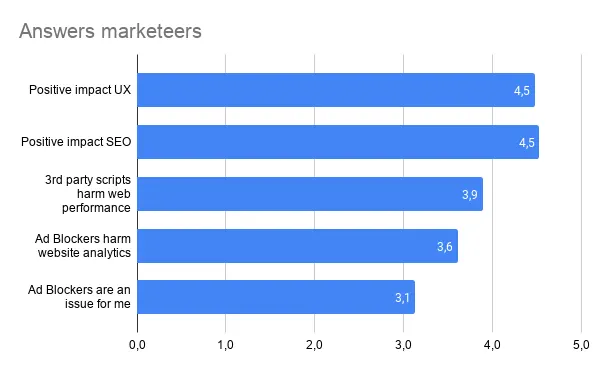
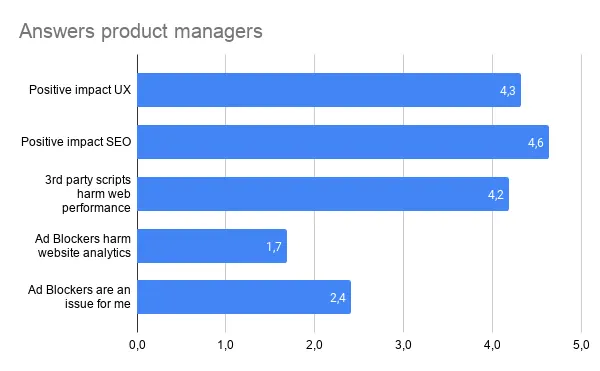
The three groups agree that performance has a positive impact on UX and SEO. They also agree that external scripts harm web performance. Marketers agree most that ad blockers harm the website analytics, compared to developers which are neutral and product managers that disagree.
Frameworks and Tag Managers
Finally, 49% of the respondents use a tag manager. 62% use a CMS, 22% a single page application, and 5% a static site or static site generator.
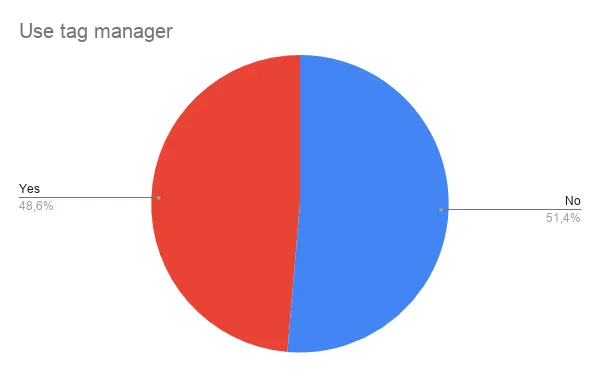
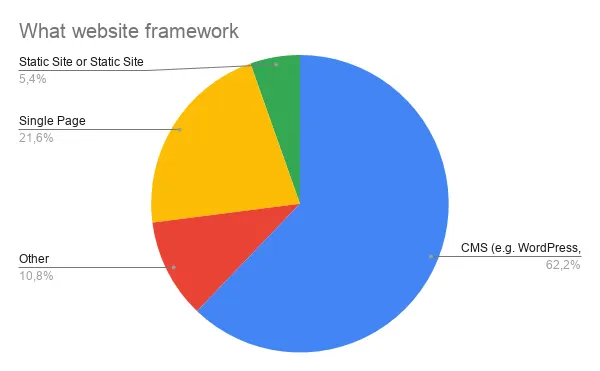
Conclusions
Not only developers care about performance. The main digital roles which are responsible for the websites strongly agree that performance has a positive impact on the user experience and SEO. They also agree that third-party scripts harm the performance and are neutral about ad blockers and the impact on website analytics.
Even if there is awareness about performance, the usage of external scripts grows every year. Without more details, we cannot say if this is based on a cost-benefit analysis or if the data needs to optimize the user experience and business goals.
For future surveys, we should explore the solutions and efforts put into improving performance and the reasons behind a neutral position towards the impact of ad blockers in website analytics and the data-based decision process.
Learn how to deliver unique and personalized customer experiences to increase conversions

